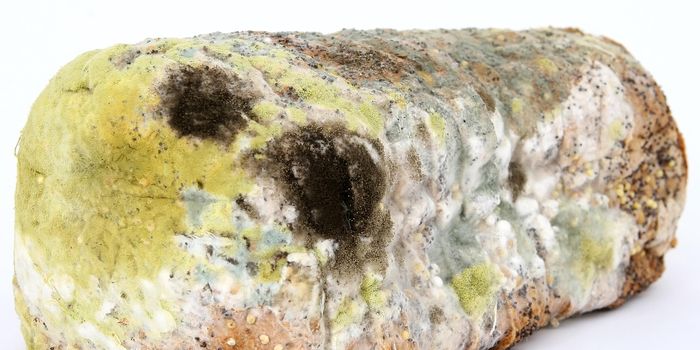Exercise Improves Chemotherapy Outcomes
Chemotherapy is a toxic form of cancer treatment that specifically dysregulates tumor cells and effectively mitigates tumor growth. The discovery of chemotherapy in the early 20th century was the result of scientists developing chemical weapons – specifically mustard gas. Interestingly, researchers found a significantly lower white blood cell count in patients exposed to mustard gas. The observation led scientists to consider this chemical as a cancer treatment that could stop the growth of rapidly dividing cells. Throughout the 1940s and 1950s chemotherapy developed and the advent of using cytotoxic agents to treat cancer emerged. Other chemotherapy agents were developed as treatments became more precise and effective. Chemotherapy demonstrated impressive outcomes treating lymphoma and is currently the standard-of-care for almost all cancer types. Unfortunately, chemotherapy can still be very toxic, and scientists are working to improve treatment efficacy.
A recent study in the Journal of Sport and Health Science, by Dr. Nima Abbassi-Ghadi and others, reported that exercise during chemotherapy prior to surgery improves treatment efficacy. Specifically, researchers report that exercise improves immune cell trafficking to the site of tumor which enhances antitumor response. Abbassi-Ghadi is a Consultant Laparoscopic/Robotic Gastro-intestinal Surgeon. He is currently practicing at the Royal Surrey County Hospital, Circle Mount Alvernia Hospital, and the Nuffield Hospital in the United Kingdom (UK). Abbassi-Ghadi’s research focuses on oncolytic viruses and various immunotherapies in conjunction with surgery. Specifically, he works to improve cancer therapy in combination with tumor resection.
Researchers generated a randomized clinical trial with 22 patients diagnosed with esophageal adenocarcinoma. Of the patient cohort, 11 patients followed an exercise regimen while on chemotherapy. In this exercise program, each patient had two supervised exercise sessions during their chemotherapy schedule for eight weeks before surgery. After surgery, the patient tumor samples were analyzed. As a result, tumors of patients that exercised had more immune cells compared to the tumor samples from patients that did not exercise. Specifically, patients had more T cells and natural killer cells, which are both responsible for fighting infections and disease. Scientists also measured gene expression and measured aerobic fitness throughout the study to monitor patients. This study is the first of its kind that demonstrates how exercise can reshape the environment around the tumor. Additionally, the increase in immune cells around the tumor helps generate robust antitumor responses with chemotherapy to lower tumor burden prior to surgery and further eliminate any remaining cancer cells.
Previous work in the field demonstrates that animals that exercise have better antitumor responses. However, clear results in humans have previously not been published. Interestingly, researchers conclude that there was a correlation between gradual fitness in patients and stronger immune response.
The discovery of increased infiltration of immune cells to the tumor as a result of consistent exercise provides valuable insight into the standard-of-care therapy for patients undergoing chemotherapy and/or tumor resection. Abbassi-Ghadi and others suggest that exercise is crucial for the treatment of cancer. Normally, physicians will instruct patients to “go home and rest”, but according to this article, patients should maintain a healthy exercise routine to improve immunity and enhance their cancer treatment.
Study, Journal of Sport and Health Science, Nima Abbassi-Ghadi, Royal Surrey County Hospital, Circle Mount Alvernia Hospital, Nuffield Hospital








